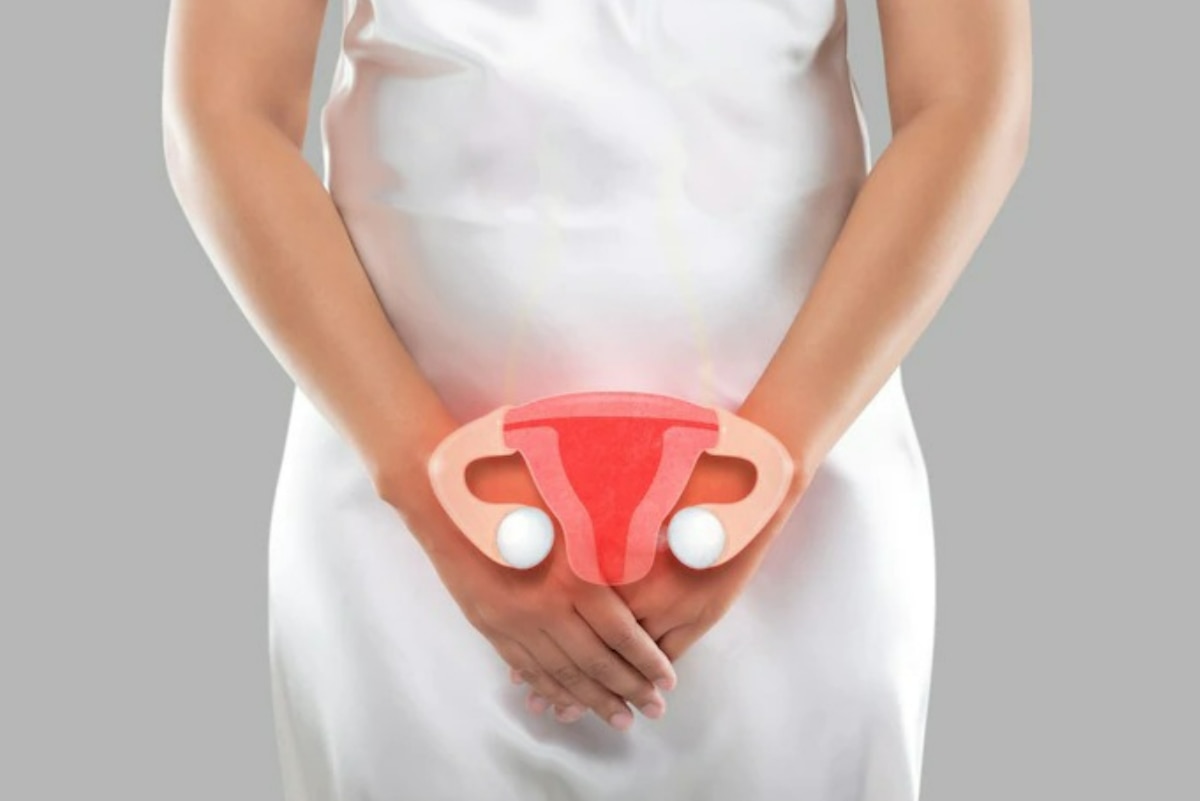India accounts for the highest number of cervical cancer cases as each year about 1.25 lakh women are diagnosed with cervical cancer and more than 75 thousand die from the disease in India.
Cervical cancer is the second most common cancer among women in India, despite the fact that it is largely preventable. India accounts for the highest number of cervical cancer cases as each year about 1.25 lakh women are diagnosed with cervical cancer and more than 75 thousand die from the disease in India. The vast majority of cervical cancer cases (more than 95 percent) are due to the human papillomavirus (HPV).
The human papillomavirus is the most common sexually transmitted infection (STI). HPV can be transmitted through skin-to-skin sexual contact, so transmission does not require sexual intercourse. Most sexually active women contract the infection at some point in their lives with or without symptoms. However, in 9 out of 10 people who get HPV, the infection will clear up on its own, making it much less likely to cause cancer.
How does HPV increase the risk of cervical cancer?
- There are more than 200 types of HPV, of which about 14 types are considered to be at high risk of causing cancer.
- HPV 16 or 18 causes 83 percent of invasive cervical cancers and takes 15 to 20 years from infection to cancer development. Four out of five cervical cancers reported in India were caused by HPV types 16 and 18 infections.
- The most effective prevention strategy for cervical cancer is routine screening of women along with HPV treatment and vaccination.
- Various screening methods, such as the Pap smear, visual inspection with acetic acid, and HPV DNA testing are used for the early detection and prevention of cervical cancer.
- DNA-based tests for HPV are considered more effective than other commonly used detection methods. In this test, vaginal and cervical cells are tested using a polymerase chain reaction or PCR test (the same PCR test used for Covid or tuberculosis) to check for HPV DNA. If it is positive, then further evaluation for cervical cancer should be done, but if it is negative, the chance of cervical cancer is close to zero, and more importantly, the chance of having clinical cervical cancer in the next five years it becomes pretty insignificant.
- While there are vaccines today that can greatly reduce the risk of HPV, they cannot neutralize the virus in people who are already infected.
- Vaccination is not a substitute for cancer screening: Even if you receive the HPV vaccine, you should still be screened for cervical cancer.
- All women between the ages of 21 and 65 should have regular Pap tests every 3 years. If a woman undergoes an HPV DNA test, the detection interval can be increased to 5 years.
(With input from IANS)
